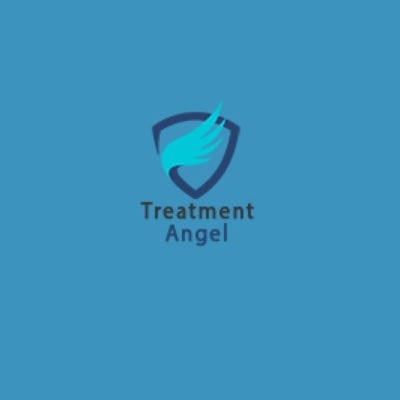The state of Washington, nestled in the Pacific Northwest, is renowned for its stunning landscapes, vibrant cities, and a diverse, forward-thinking population. However, like many regions across the United States, Washington is not immune to the widespread challenge of drug addiction. In response to this crisis, the state has developed a robust network of drug rehabilitation facilities and treatment centers, offering hope, support, and a path to recovery for those affected by substance abuse. In this article, we will explore the world of drug rehab in Washington State, shedding light on the options available for individuals seeking a fresh start.
The Scope of Drug Addiction in Washington:
Drug addiction is a complex issue that affects individuals from all walks of life. Washington State, with its bustling cities, picturesque coastlines, and lush forests, is no exception to the far-reaching impact of this crisis. From Seattle to Spokane, Tacoma to Vancouver, communities are facing the consequences of addiction, whether in the form of opioids, methamphetamines, cocaine, or other substances. Despite these challenges, Washington has risen to the occasion, offering a range of solutions to address the needs of those grappling with addiction.
The Importance of Seeking Help:
Acknowledging the need for professional help is often the first and most crucial step in overcoming addiction. It's an act of courage and self-compassion that can set the stage for a healthier, more fulfilling life. In Washington, individuals have access to a comprehensive array of treatment options, each designed to address specific needs and circumstances.
Treatment Options in Washington State:
- Inpatient Rehabilitation: Inpatient or residential programs provide intensive, 24/7 care in a structured environment. They are well-suited for individuals with severe addiction issues or those who require a focused, distraction-free setting to rebuild their lives.
- Outpatient Programs: Outpatient treatment allows individuals to receive support while maintaining their daily responsibilities. This flexibility can be invaluable for those who cannot commit to a full-time residential program.
- Medication-Assisted Treatment (MAT): MAT programs are effective for opioid addiction and combine medications with counseling and therapy to address the physical and psychological aspects of dependency.
- Detoxification Centers: Detox is often the initial step in addiction treatment. Washington offers a range of detox centers where individuals can safely manage withdrawal symptoms.
- Counseling and Therapy: The state is home to a wealth of experienced therapists and counselors who specialize in addiction treatment. These professionals provide one-on-one sessions to address the emotional and psychological aspects of addiction.
- Peer Support Groups: Support groups such as Narcotics Anonymous (NA) and Alcoholics Anonymous (AA) are available throughout the state, offering individuals a safe space to connect with others who understand the challenges of recovery.
- Holistic and Alternative Therapies: Washington's embrace of holistic approaches is reflected in the availability of activities like yoga, meditation, art therapy, and outdoor recreational programs that complement traditional treatment methods.
For more info :-
cocaine addiction treatment san antonio






Comments